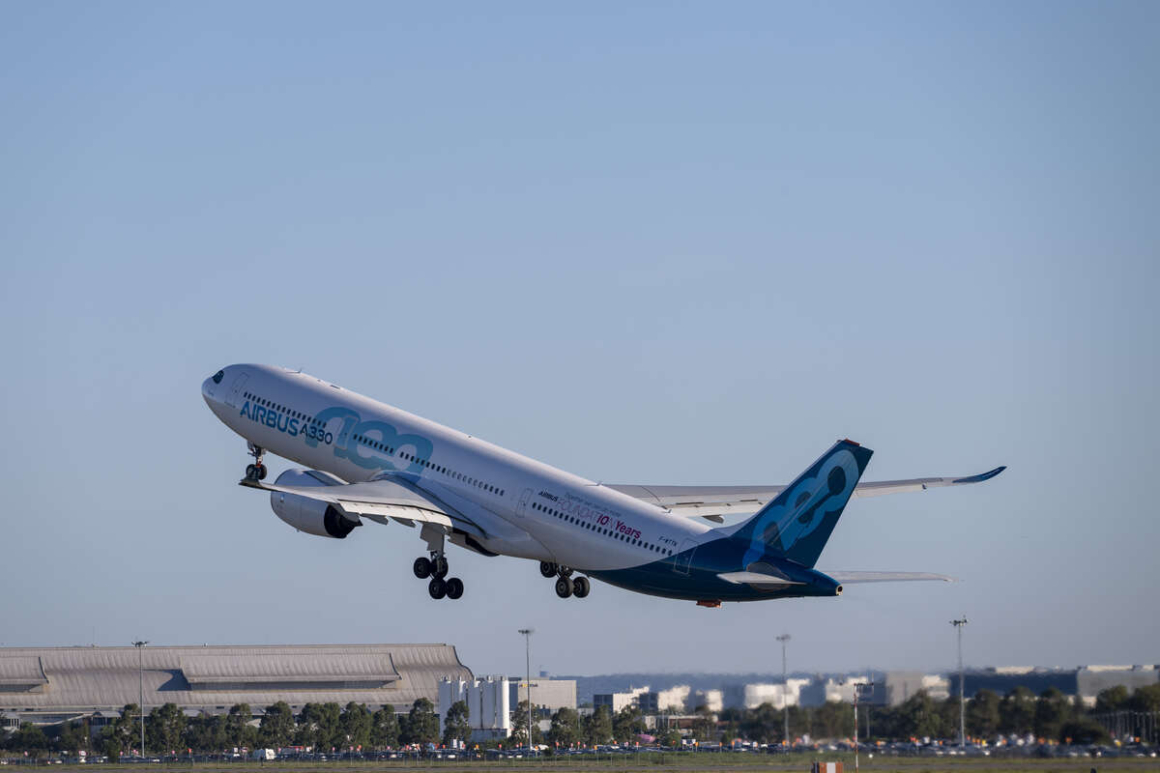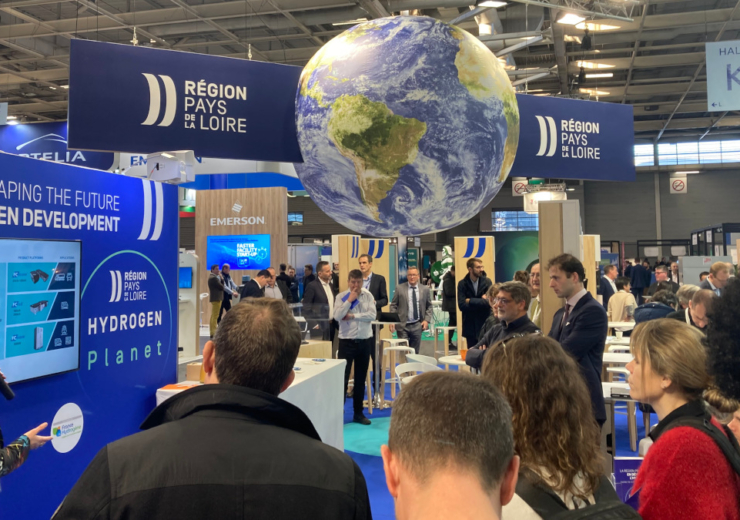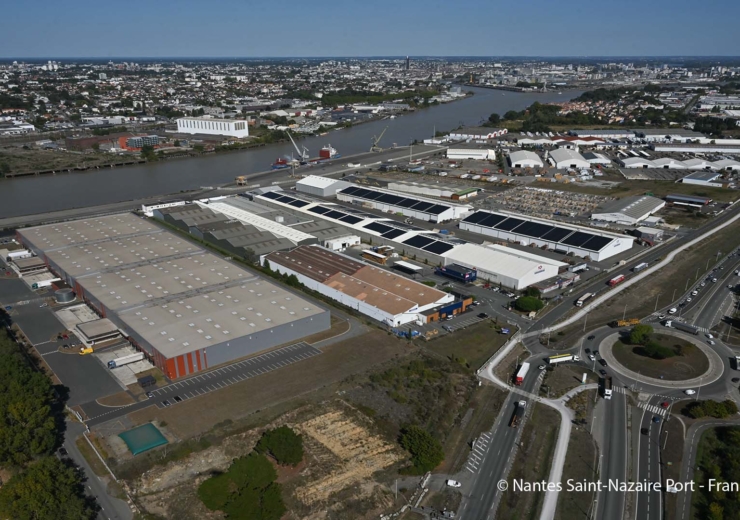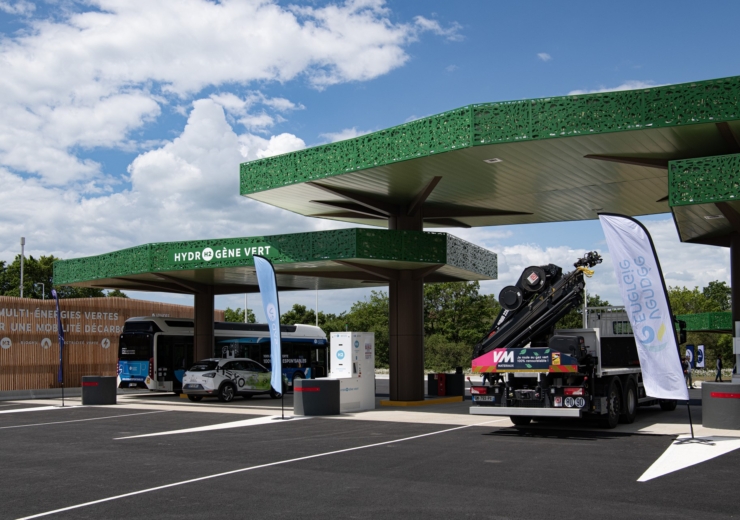Made from hydrogen produced from decarbonised electricity and combined with CO2 or N2 (nitrogen), e-fuels have the wind in their sails. Production projects are multiplying in France, and the Atlantic France region is positioning itself as a leader in this emerging sector, which promises to help decarbonise industry and heavy mobility.
The e-fuels market is developing at a rapid pace, whereas two years ago it was still in its infancy. What is driving this dynamic growth? There are three main factors:
- European regulations have set mandatory limits for the use of e-fuels in aircraft (ReFuelEU Aviation) and ships (FuelEU Maritime). Demand will therefore increase rapidly and there is an urgent need to expand production capacity.
- Means of transport such as aircraft and ships have a very long lifespan, making e-fuels the only option for rapidly greening existing fleets. By reusing previously emitted CO2, e-fuels contribute to achieving carbon neutrality.
- Electrification is not an option for some heavy-duty mobility because it does not provide the power needed for a container ship, cruise liner or medium- to long-haul aircraft. E-fuels are therefore the best alternative to fossil fuels.
A promising sector for decarbonising the French economy and boosting employment
In September, the consulting firm Sia Partners published the 2024 results of its French E-Fuels Observatory. It identified 26 projects in metropolitan France, 16 of which are at an industrial-scale. The stakes are high, as the creation of a French e-fuels industry will, in the short term:
- Reduce the need to import 941,000 tonnes of crude oil, thereby strengthening France’s energy sovereignty;
- Prevent the emission of 2.7 million tonnes of CO2 per year, equivalent to the annual emissions of 585,000 cars;
- Create 3705 jobs and generate €8.1 billion in investment.
Major projects in Atlantic France
The West Coast continues to go green with the Green Coast project! Lhyfe, a green hydrogen producer, has just announced a partnership with Elyse Energy, a specialist in low-carbon molecule production. Together, their aim is to produce 150,000 tonnes of e-methanol per year from renewable green hydrogen, targeting the decarbonisation of maritime transport.
The project will be based in Montoir-de-Bretagne, within the Nantes Saint-Nazaire Port area, which recently earned the ZIBaC label (Low-carbon industrial zones). This location was selected for Lhyfe’s ambitious green hydrogen production facility in the heart of the port’s industrial zone. Scheduled to be operational by 2028, the facility will have a production capacity of 85 tonnes per day.
Atlantic France will also be home to Take Kair, a project dedicated to producing e-fuel for aviation (SAF), which will also be located in the Saint-Nazaire port area. The Air France-KLM group will be the project’s first customer and will use this e-kerosene at its French airports.
These two major production sites are linked to a third key project in the region: the GO CO2 project, supported by GRTgas and Elengy. This is a dedicated pipeline which, by 2029-2030, will bring the “hard to abate” CO2 emitted and captured by the region’s major producers (Holcim-Lafarge, Lhoist and Heidelberg) to the port, where it will be recovered (e-fuel) or sent for geological storage in the North Sea. Between three and four million tonnes of CO2, some of it biogenic, will be available, making this pipeline a strategic asset for the production of e-fuels.
A hub with a European dimension
Nantes Saint-Nazaire Port aims to become a major hub for sustainable energy. In addition to the massive production of H2 and e-fuels on its industrial estate, plans are underway to equip the port with an import and export terminal and to connect it to the future European hydrogen backbone.
Thanks to these initiatives, the Atlantic France region is laying the foundations for creating a high-quality ecosystem, attracting innovative players and fostering European-level leadership.


 Français
Français 



